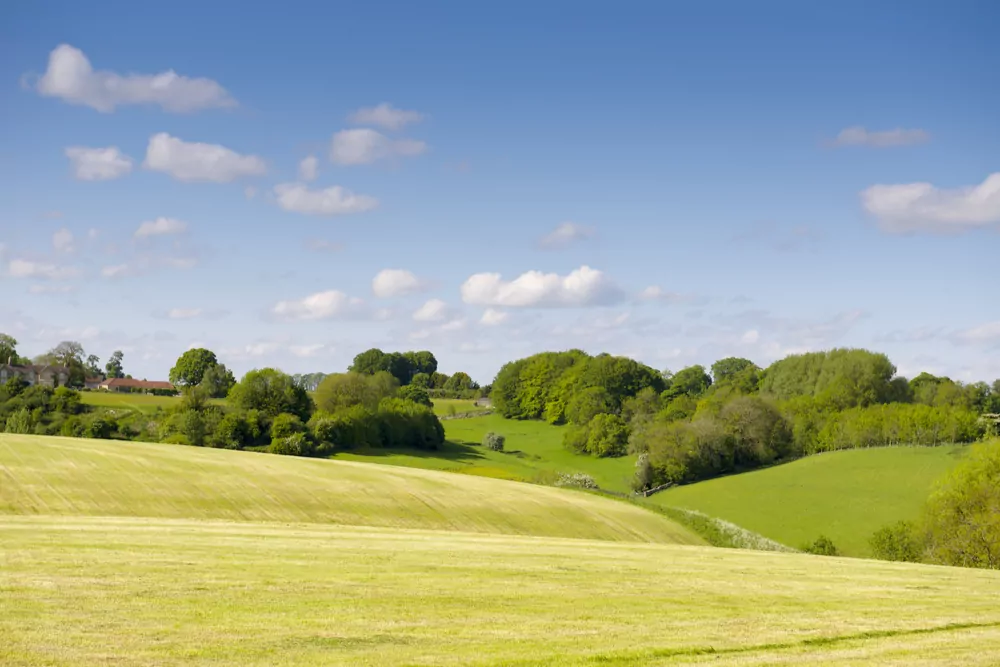
Farming businesses need to take back the power of brand

By Ben Travers
21 Nov 2024 | 2 minute read
Some of the earliest trade marks originated from farming businesses and some of the most well-known and hence valuable brand identities on our supermarket shelves are farming brands. Yet despite this farming businesses are missing out by not taking control over their brands. In a time when farmers are struggling financially and consumers are increasingly valuing local produce, farming businesses need to develop and protect their brand identities to make the most of their unique place in the market.
Early brands (when the term related to a way of identifying where livestock originated from) were designed to protect the consumer just as much as they were intended to protect a business. Someone buying a head of cattle would know the quality of what they were buying from the brand. The brand told them about the farmer responsible for the end product and from this the purchaser could infer the level of care taken over production and the quality of the final product.
Brands still serve this function today, operating not just as a marketing tool but also as a form of quality assurance.
It has long been recognised that, when it comes to food and drink products, packaging and brand plays a big role not just in the consumers purchasing decision but also in how they engage with and enjoy a product.
Messaging around the provenance of food and drink plays a part in this.
How can farming businesses make the most of their brand?
Recent reports suggest that farm businesses are missing out by not making the most of the opportunities they have to capitalise on the narrative of their products. Meanwhile, in a world in which consumers are already alive to the risks of brands falsely virtue signalling or greenwashing their content, there is a growing awareness around "Farmwashing".
Farmwashing, the practice of using imagery and text etc to create an impression that a product has a rural provenance or that it originates from a family business is nothing new. However, we are seeing an increase in public awareness and a practice that many businesses have taken for granted is being called into question.
Less talked about is how businesses, such as food and drink producing farms are not taking advantage of their provenance in their marketing.
Faming businesses often fail to take control over their brand because they do not register (e.g. product and farm names) as trade marks. So, whilst non-farming businesses may be relying on farm related brands to increase their sales, farms which have a genuine claim to a rural provenance do not make the most of this opportunity.
It may be that as consumers become more aware of farmwashing, the number of genuine rural businesses increase and so now, more than ever, rural businesses should be looking at how their brands can add value to the work they do. Step one in this process is to take ownership of their brands through a trade mark registration.
Taking control of your brand is crucial to maximising revenue in your business. Our Intellectual Property experts are here to support you in your journey, please get in touch to find out how we can help you.













